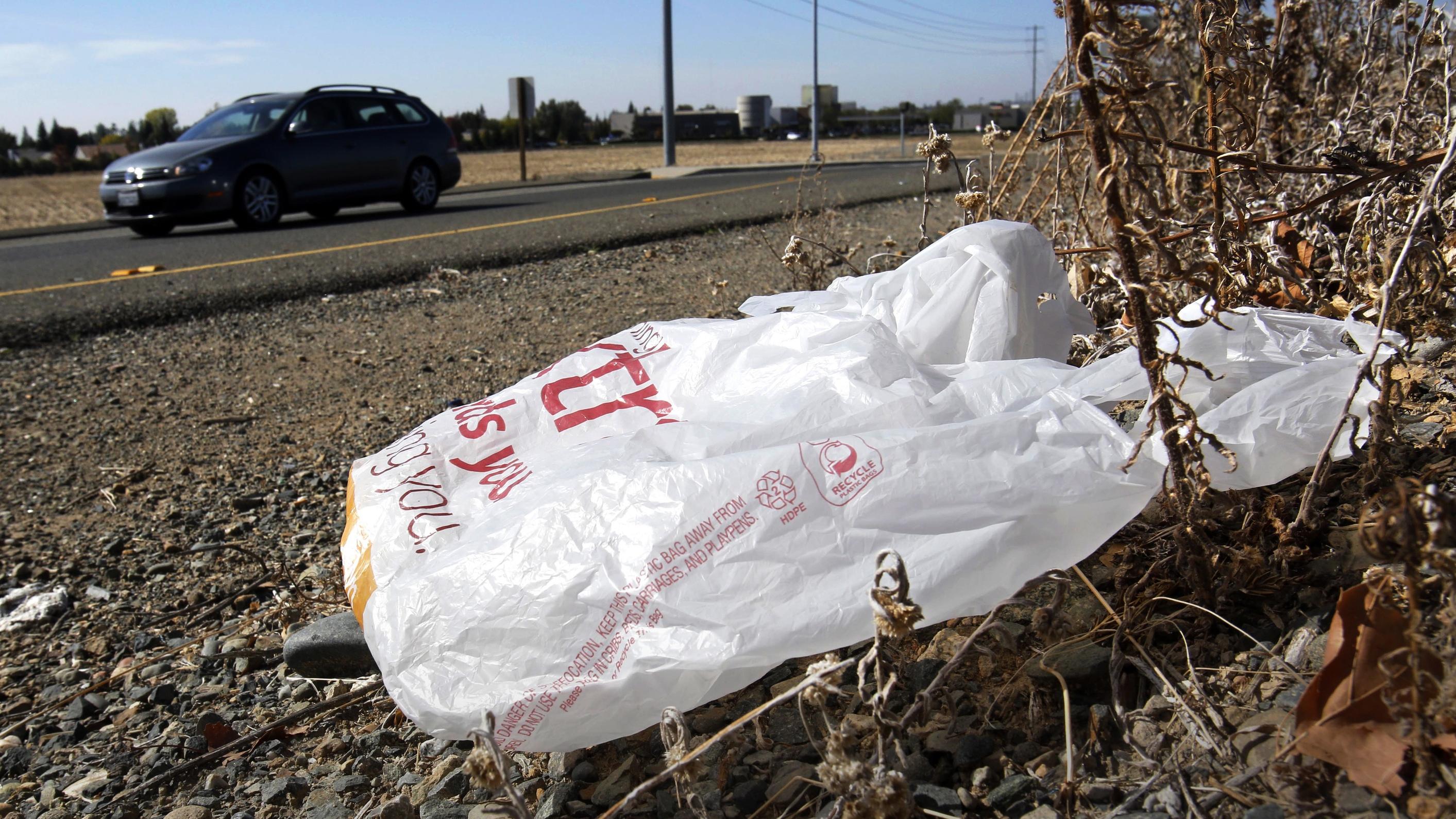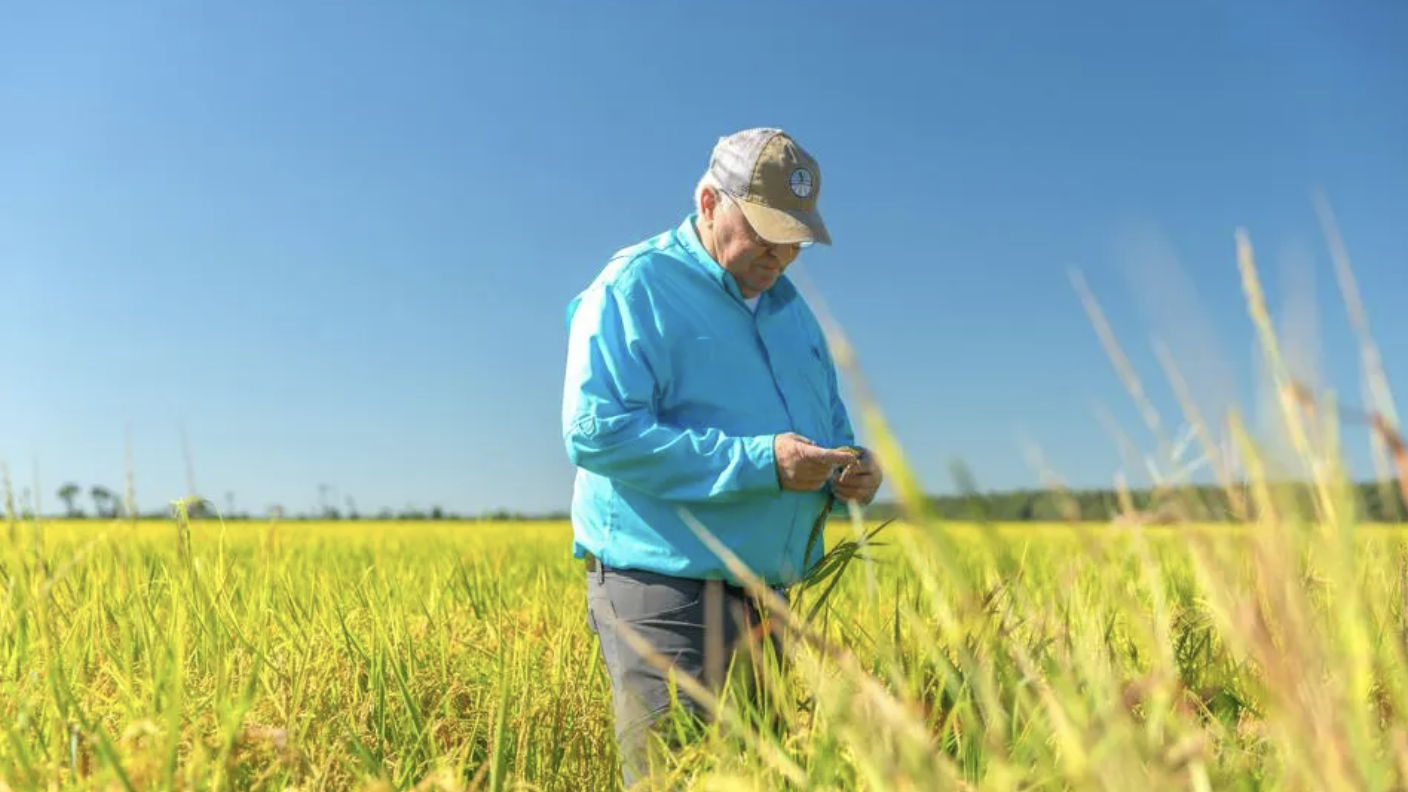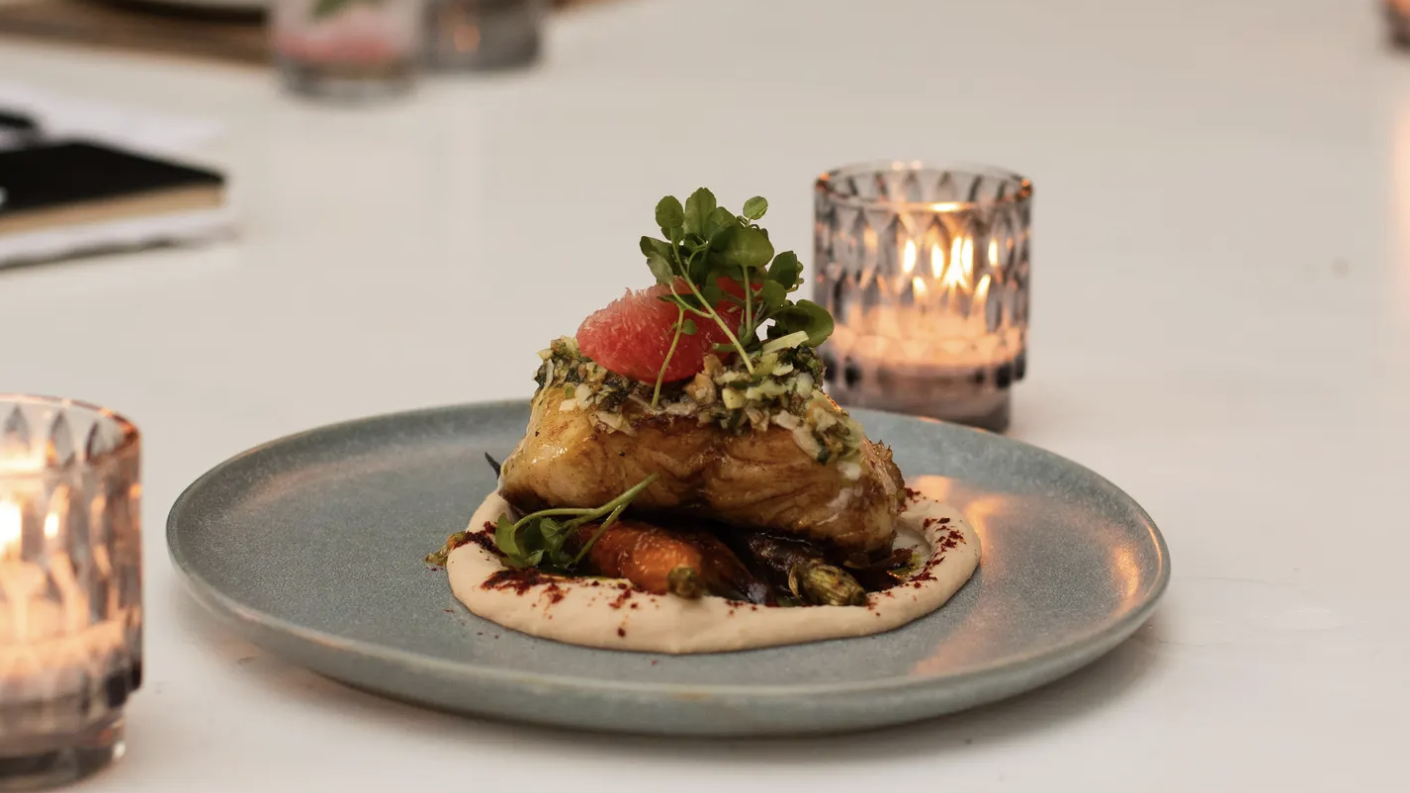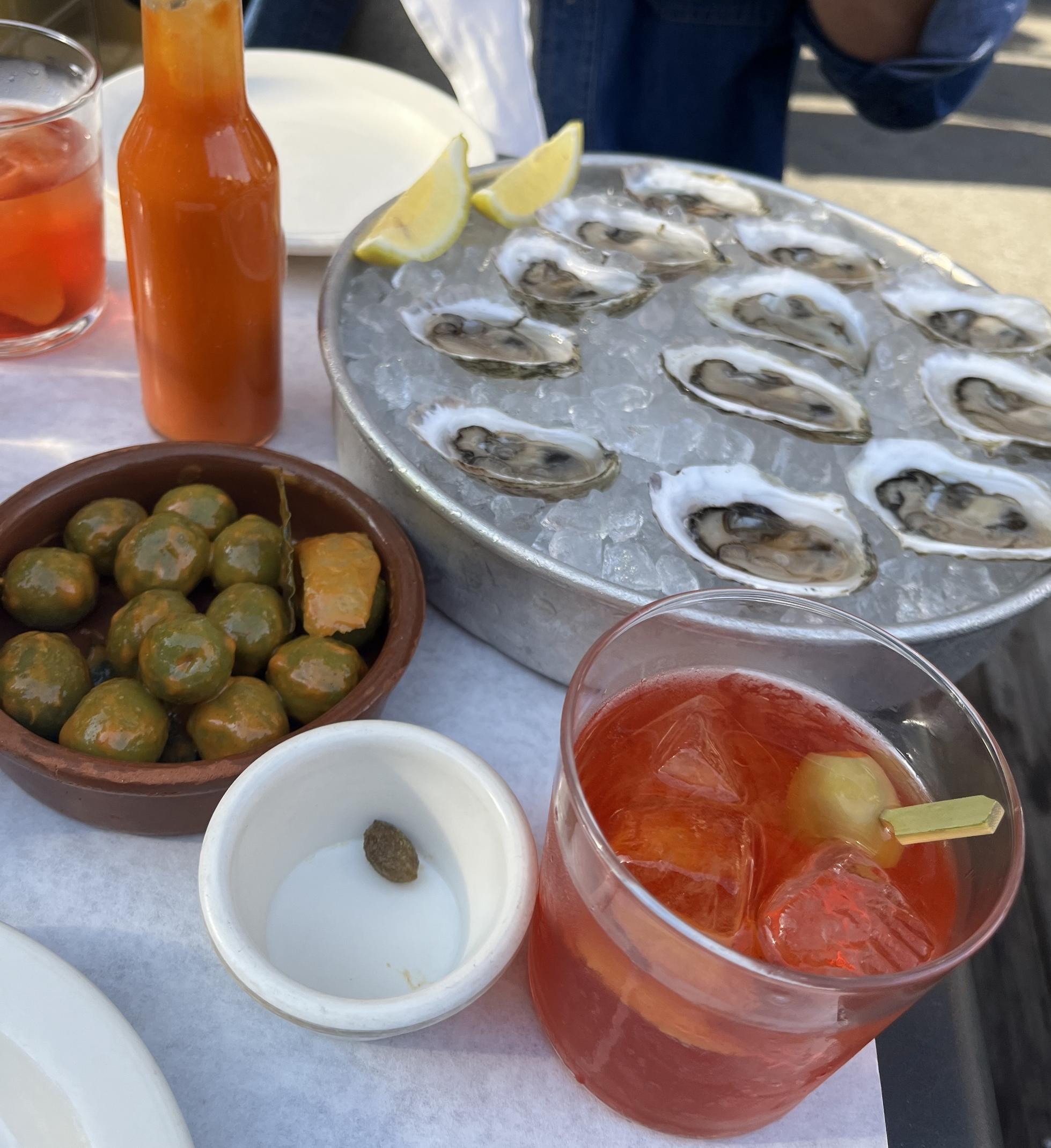It’s hot out. How are you holding up? New York City’s heat wave is finally starting to break thanks to thunderstorms, but hot temperatures continue to suffocate many places across the country—from California to Texas and beyond. It’s a concerning trend, and not just from a personal health perspective.
The energy grid can’t take it. Power outages from heat aren’t as common as those caused by other severe weather events—yet. But climate change will only make it worse. That’s why I appreciated this piece in The Hill this week, which points out that extreme weather is already doing damage.
Tornadoes shut off power for 300,000 in Chicago this week, and a hurricane caused 2.7 million in Houston to lose electricity earlier this month. As Tara D. Sonenshine, a senior fellow at the Fletcher School of Law and Diplomacy at Tufts University writes, “Bad weather is stressing an already-stressed American power grid—one that is decades old at a time when we want more electricity, despite a shortage of power lines.”
Keep that in mind as you hydrate and stay cool this weekend!
— Chloe Sorvino, Staff Writer
Order my book, Raw Deal: Hidden Corruption, Corporate Greed and the Fight for the Future of Meat, out now from Simon & Schuster’s Atria Books.
This is Forbes’ Fresh Take newsletter, which every Friday brings you the latest on the big ideas changing the future of food. Want to get it in your inbox every week? Sign up here.
What’s Fresh
The Countries Banning Plastic Bags
Nearly 100 countries and territories in the world have passed some sort of full or partial ban on plastic bags.
AP Photo/Rich Pedroncelli, File
According to a Statista analysis, 91 countries and territories in the world have passed some sort of full or partial ban on plastic bags. The U.S. is a notable exception.
Great Craft Sake Made In America: A Family Farm In Arkansas Is The Force Behind It
Chris Isbell at Isbell Farms in Arkansas.
SARA REEVES/ ISBELL FARMS
Sake is becoming popular in America and now you can find it outside Japanese restaurants, including Michelin-starred American spots. The sake may be made locally, thanks to domestic high-quality rice suppliers like Isbell Farms in Arkansas, which grows special rice varieties for sake production.
The Guatemalan Chefs Revitalizing Indigenous Mayan Ingredients
White Fish and Bean Puree
VILLA BOKEH
Although 43.75% of the population in Guatemala self-identify as indigenous, travelers to the Central American country rarely get to taste native Mayan ingredients in the restaurants that cater to them. But a group of young chefs are driving a movement to celebrate Mayan ingredients and culture through modern cuisine.
Field Notes
Chloe Sorvino
After last week’s spritz story, I had to celebrate with a sunlit spritz, some oysters and olives.
Thanks for reading the 114th edition of Forbes Fresh Take! Let me know what you think. Subscribe to Forbes Fresh Take here.




